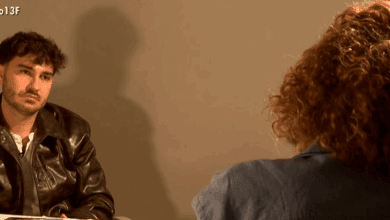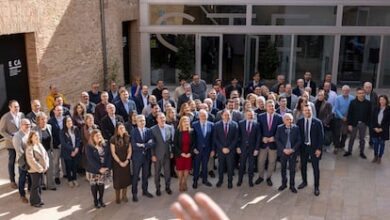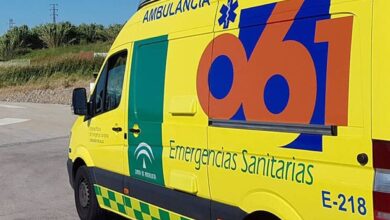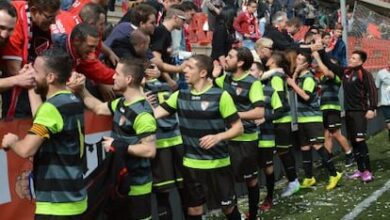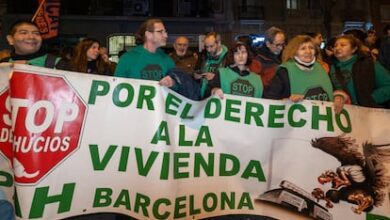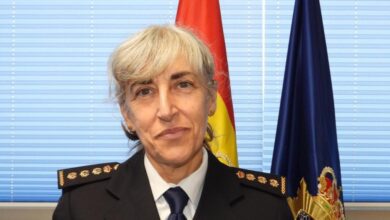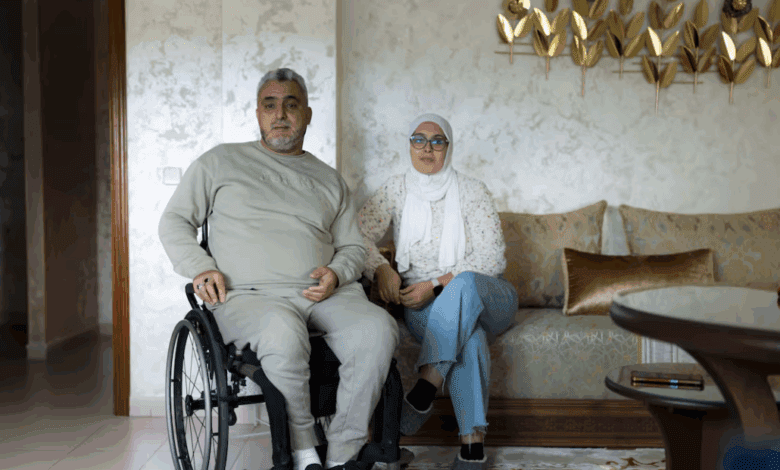
A year has passed since Samir Haj Tirari found himself confined to a wheelchair. His life changed in an instant—now every morning begins as a struggle not only against physical limitations but also against bureaucratic hurdles. In his apartment on the outskirts of Pozuelo de Alarcón, he is greeted by his family: his wife Dunya and their two children. At night, Samir struggles to sleep, scrolling through TikTok videos where people in similar situations share advice and encouragement. Sometimes he dreams that he can walk again.
Samir arrived in Spain in 2004 from Tetouan, Morocco. For nearly two decades, he built a new life, working for the large company Samyl, which handles cleaning and maintains municipal facilities across the country. In Pozuelo, one of Spain’s wealthiest cities, he worked at local government sites, earning just above the minimum wage.
Everything changed in the fall of last year. While cleaning the roof of a municipal senior center, Samir fell through an unprotected skylight and plunged six meters. The consequences were irreversible—a spinal injury and total loss of movement below the waist. The investigation revealed that neither the company nor the municipality had provided adequate safety measures. Even though an independent inspection had recommended urgent installation of barriers or safety systems on the roof months before the tragedy, these precautions were never implemented.
Family on the edge: waiting and uncertainty
Currently, Samir and his family live in a municipal apartment, which they received after persistent requests. Their old home was unsuitable for a person in a wheelchair—even the bathroom was inaccessible. For the new apartment, they pay a symbolic amount, but it’s not enough to cover all expenses. The family still relies on disability benefits and temporary payments from the insurance company. Dunya, Samir’s wife, was forced to leave her job due to depression brought on by the incident. Now she receives a small allowance, but she will soon lose it.
Samir has filed a lawsuit against the municipality and his employer, demanding they be held accountable for what happened. The investigation found that both the city and the company violated workplace safety regulations. Employees from both sides are involved in the case and face real prison time for negligence and causing severe bodily harm. However, city officials claim that Samir supposedly went to the wrong address and should have been working at another site, where safety measures were observed. Samir’s colleagues confirm he was regularly sent to hazardous sites without insurance.
A test for the whole family
While the court process drags on, the family is forced to survive on minimal means. Samir is struggling with his helplessness, especially when he can’t spend time with his children as he used to. His wife has taken on all the household responsibilities and caring for her husband, despite having her own health issues. Doctors promise that once his severe disability status is officially recognized, he will receive a larger pension, but the paperwork is taking a long time.
Samir admits that what hurts him most is the indifference from his former colleagues and company management. Since the accident, none of them have ever inquired about his condition. After a long rehabilitation at a specialized clinic, he returned home, only to face a new reality—constant pain, limitations, and a sense of guilt towards his family.
The long road to justice
The court case could drag on for years, and a possible compensation is the family’s only chance to start a new life. However, Samir himself doesn’t believe that money can restore what he has lost. For him, the most important thing is ensuring that such tragedies never happen again, and that employers and authorities are held accountable for people’s safety.

